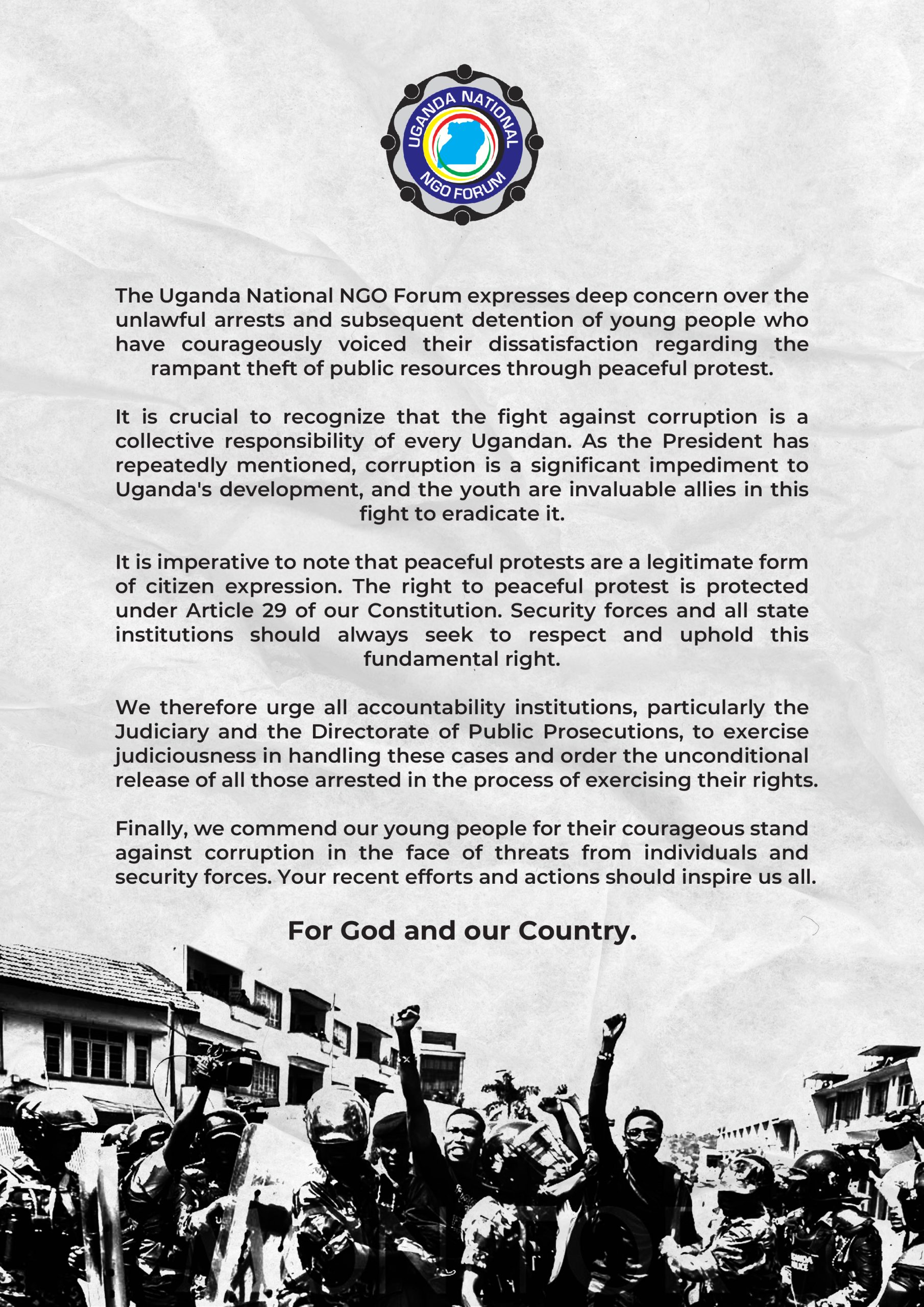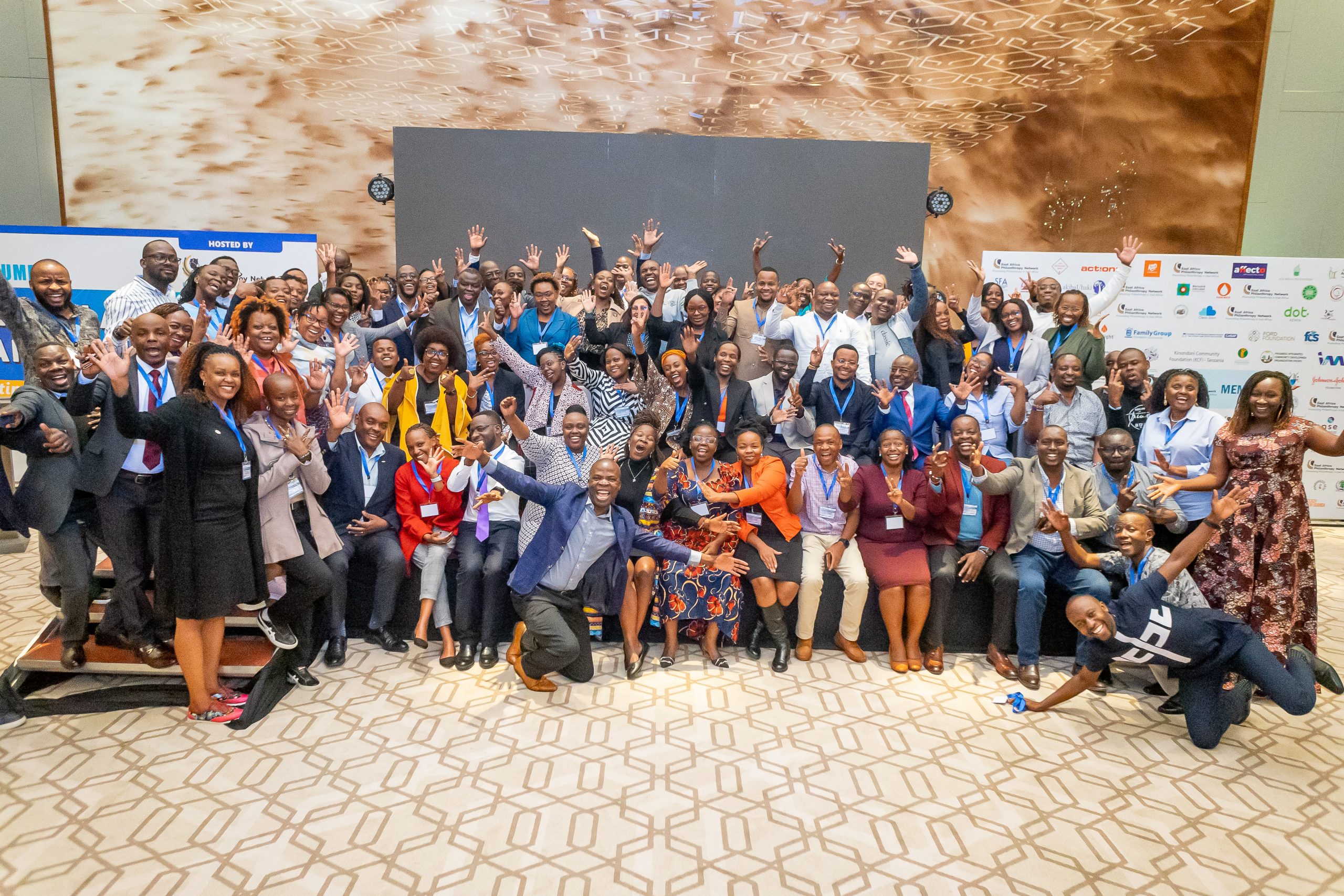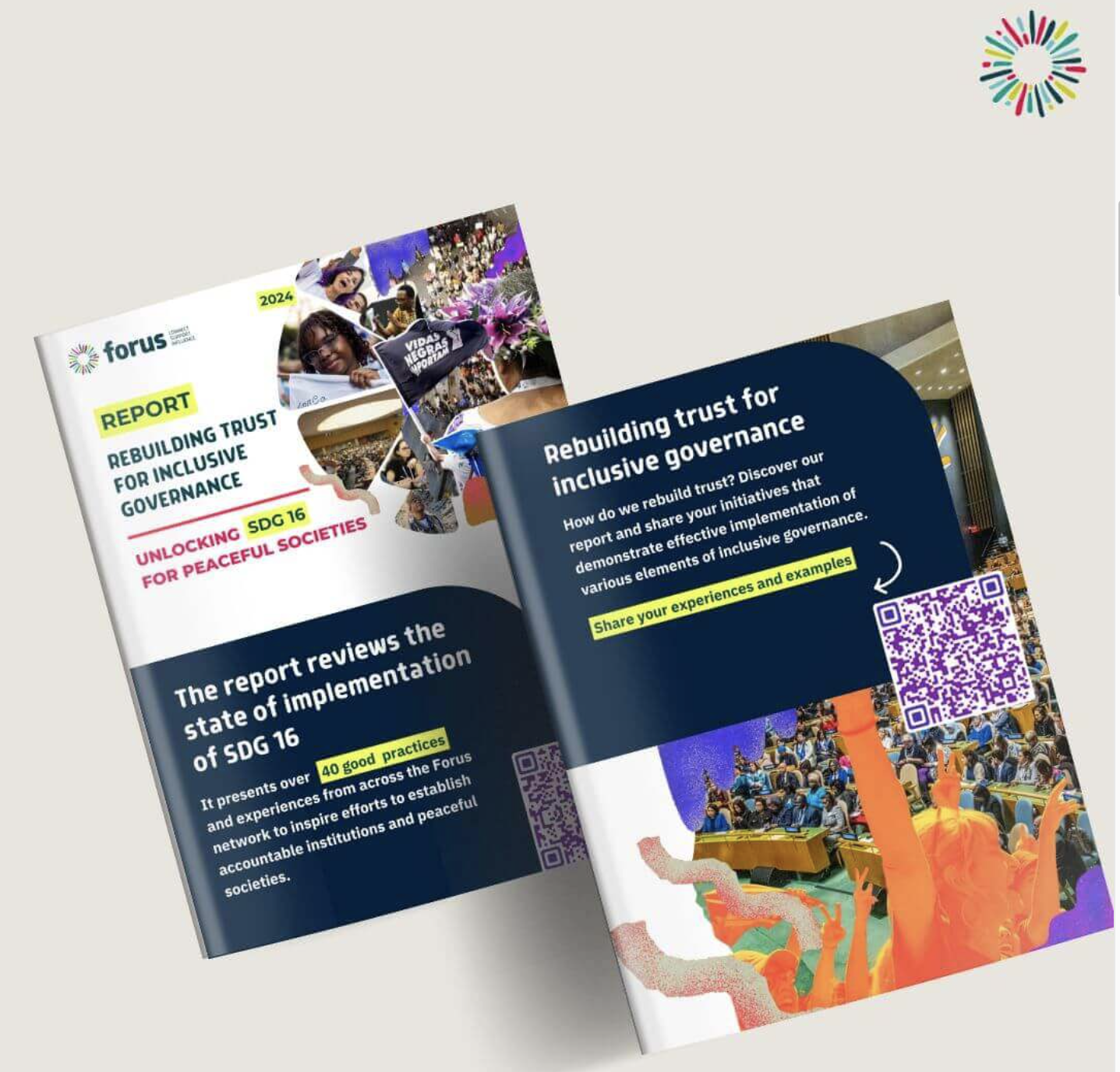Media is Key in Realising Social Accountability
Realising Social Accountability in Uganda requires a strong partnership between the Civil Society fraternity and Media.
In a meeting studded with great media presence, ideas and ways forward were presented on how to boost and maintain the relationship between the two, not forgetting how to build rapport. The day’s theme was Media: a Key Player for Realising Social Accountability.
Speakers agreed that media greatly plays a key role in setting the agenda of what is spoken about and prioritized. However, most of the media relations and media engagement attempts by most CSOs in Uganda tend to be ad hoc, sporadic and occasional. Therefore CSOs should deliberately strategize for deeper engagements with media by bringing them on board at the beginning of the social accountability initiatives so as to effectively communicate the background and process leading to the impact realized.
“The best engagement with media should be planned and researched, “added Robby Muhumuza.
It was also observed that many CSOs in Uganda do not employ qualified and experienced communications staff with a track record to be in charge of their communication and media relations work. As a way forward, CSOs should be intentional, organized and strategic in dealing with the media, by bringing on board excellent communicators and providing them with training and exposure in the specific sectors or issues of interest so that they can provide leadership and championing of media advocacy and media relations.
The use of technical jargon by many CSOs does not communicate much to the media or the general public. Therefore, when sharing policy briefs, position papers, or media releases, organizations should develop popular press versions for the media and the citizens.
“You are addressed the way you dress therefore it is crucial that you know how you present yourself as an organization,” said Simon Kasyate, former media practitioner.
Evaluation is crucial in measuring impact of work yet most CSOs do not evaluate the impact of their media advocacy campaigns to find out what worked and what did not. Advisably, organisations can change strategy or tactics in the future. Participants were challenged to work differently by making time to review their engagements so as to identify gaps and best practices.
The news media are more attracted by eye catching headlines and interesting impact stories on social accountability initiatives. During the story clinic session organized at the event, media practitioners were urged to write attractive social accountability themes by using narratives and other story telling techniques.
Influencing policymakers is more effective when you use multiple channels to reach them. This generally takes the form of using social media for grassroots lobbying in conjunction with email, phone calls, meetings and dialogues at both district and national levels. All these efforts are complemented by other channels for reaching lawmakers such as; direct lobbying, earned media placement and advertising (online and offline) that target decision makers at different levels.
Civil society organizations need to maintain continuous teaming up with the media to defend freedom of expression since they are major beneficiaries to a free media.
In conclusion, CSOs have a lot in common with media when it comes to interests in realizing social accountability. However, sometimes the two have different strategies and approaches in dealing with this issue. Therefore, they should take time to understand each other, build each other’s competitive advantage and find out the contribution each can make towards strategic partnerships that would bring the goal of realizing social accountability closer to being achieved.
Uganda National NGO Forum organized the Social Accountability Bi-Annual Learning event that was held yesterday, 10th June 2014 at Hotel Africana. The event was attended by over 60 participants including; Development Partners such as UNDP, CSOs at the sub-national and national levels, Media, Social Media groups among others.
A detailed report on the meeting proceedings will be availed in due course.



